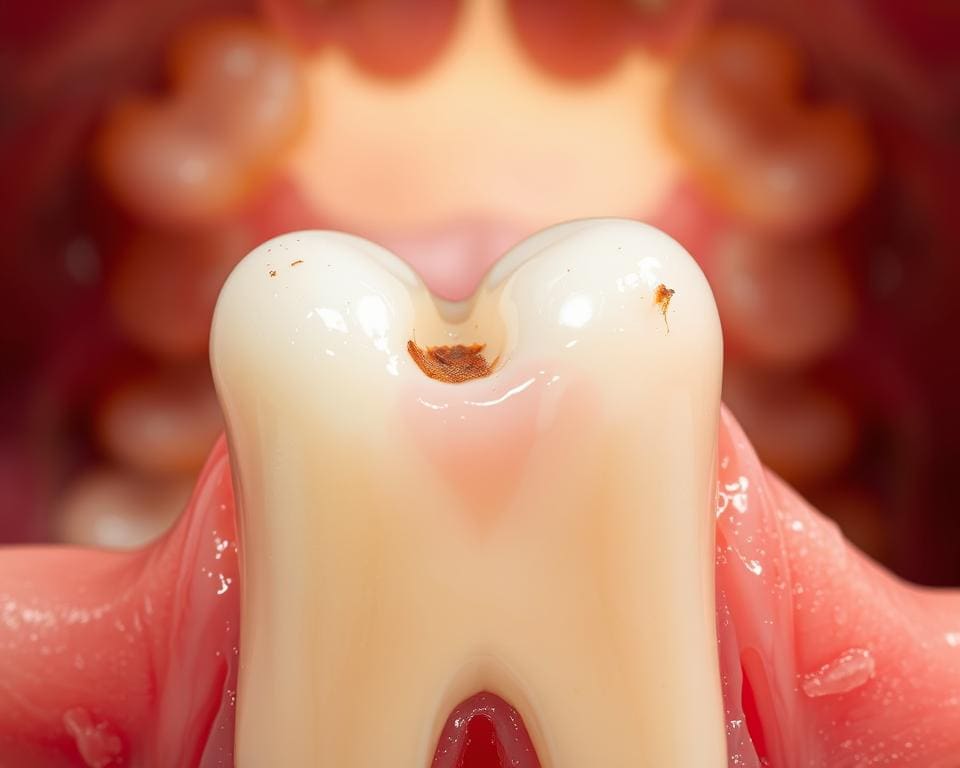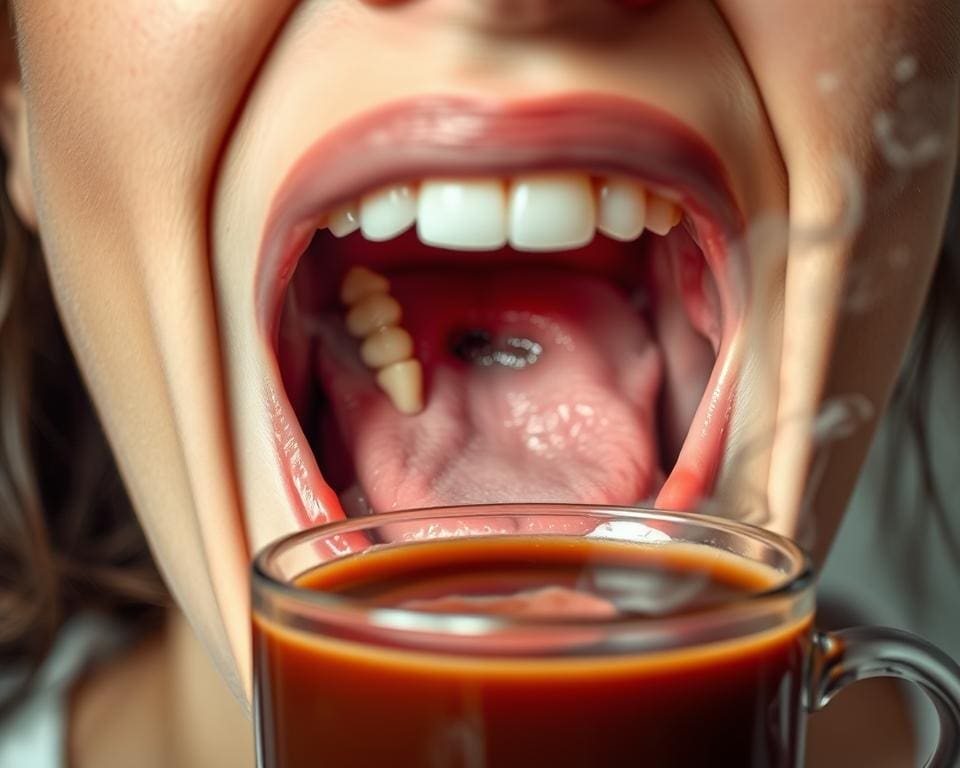After a tooth extraction, understanding why no hot drinks after tooth extraction is crucial for optimal recovery. Following dental aftercare instructions is vital to ensure safe healing and to avoid complications. One of the key reasons for avoiding hot beverages is that they can increase blood flow to the surgical area, potentially dislodging the blood clot necessary for recovery. This section will delve into the significance of this advice, setting the stage for a deeper exploration of effective post-extraction care.
Understanding the Healing Process for Tooth Extraction
Understanding the healing process for tooth extraction is essential for achieving a smooth recovery. After the procedure, the body initiates a complex yet fascinating series of events. Immediately following extraction, a blood clot forms at the site. This clot plays a pivotal role in protecting the wound as the healing begins.
As the days progress, granulation tissue gradually develops, which is part of the body’s natural healing response. This tissue is rich in blood vessels and serves to promote recovery while combating any potential infections. Depending on various factors, such as individual health and the complexity of the extraction, the healing process for tooth extraction can take several days to weeks.
External factors significantly influence the timeline of recovery. Dietary choices become crucial during this period. Jarring or hot foods and beverages can disrupt the blood clot formation, potentially leading to complications. Adhering to recovery guidelines for oral surgery becomes essential, ensuring a quicker and safer healing experience.

By carefully following the right practices and being mindful of what you consume, you can support your body’s natural efforts to heal. Embracing these recovery guidelines for oral surgery will enhance your experience and reduce the likelihood of setbacks. Remember, patience is a vital component in the journey towards wellness.
Why No Hot Drinks After Tooth Extraction
Understanding the reasons behind avoiding hot drinks after tooth extraction is crucial for ensuring a smooth recovery. The initial days following the procedure are vital for healing, as the body works to develop a protective blood clot. The temperatures of beverages consumed can significantly influence this process.
The impact of temperature on blood clotting
Hot drinks can affect blood clotting in a detrimental way. High temperatures may lead to vasodilation, a process where blood vessels widen, increasing blood flow to the area. This can put the newly formed blood clot at risk, potentially leading to its dislodgement. The impact of temperature on blood clotting highlights the importance of maintaining an optimal environment for the healing process.
How hot drinks can delay healing
Consuming hot beverages such as tea or coffee can delay healing during this sensitive period. These drinks can raise the temperature around the extraction site, which may hinder the natural recovery mechanisms of the body. The body requires stable conditions to foster healing, and hot drinks create a challenge. Understanding how hot drinks can delay healing is essential for making informed choices that will promote faster recovery.
The Importance of Post-Tooth Extraction Care Tips
Following a tooth extraction, proper recovery hinges on adhering to specific post-tooth extraction care tips. Engaging in essential practices for recovery can significantly enhance the healing process and foster a comforting environment for your mouth.
Essential practices for a smooth recovery
Begin by ensuring ample rest in the days following your procedure. This facilitates your body’s natural healing capabilities. It is crucial to take any prescribed medications precisely as directed. These prescriptions can alleviate discomfort and reduce the risk of complications. Stick to the dietary restrictions advised by your dentist, favouring soft and nourishing foods. Avoid hard or crunchy items that may disrupt the healing site.
Identifying signs of complications
Being mindful of potential signs of complications ensures prompt attention if needed. Excessive bleeding that does not subside after a few hours warrants medical advice. Watch for symptoms of infection, such as increased pain, swelling, or fever. Observing these signs early can lead to timely intervention, further safeguarding your recovery journey.
Best Practices After Tooth Removal
Post-operative care plays a crucial role in recovery following tooth removal. Implementing the best practices after tooth removal can significantly enhance healing. Staying properly hydrated with suitable beverages is essential for maintaining overall health. Clear fluids such as water are ideal during the initial recovery period.
Alongside hydration, a balanced diet contributes to effective recovery. Soft foods that are rich in nutrients should be prioritised. Avoiding hard, chewy, or spicy items will ensure the extraction site remains undisturbed.
Ensuring that activities are kept at a moderate level is vital. Strenuous exercises may increase the risk of complications and should be minimised during the initial days of recovery. Resting allows the body to focus its energy on healing.
Keeping the area clean is another cornerstone of effective dental aftercare instructions. Gentle rinsing with warm salt water can help in maintaining hygiene without irritating the extraction site. Regularly monitoring the site for any signs of infection or complications is also recommended.
Avoiding Hot Beverages Post-Dental Surgery
After dental surgery, it is crucial to focus on recovery, which involves careful attention to what one consumes. In this phase, avoiding hot beverages post-dental surgery becomes essential to ensure a smooth healing process. Nonetheless, numerous options can maintain both comfort and nutrition during recovery.
Alternative drink options for comfort
When seeking alternatives, consider soft, cold beverages that soothe and hydrate. Here are some excellent choices:
- Smoothies with bananas, berries, or yoghurt for a nutritious boost
- Chilled fruit juices such as apple or orange, offering hydration with a pleasant taste
- Coconut water, which provides electrolytes and a refreshing experience
- Iced herbal teas, known for their calming properties
Recommended temperatures for safe beverages
While it is tempting to indulge in hot beverages, sticking to cooler drinks assists in recovery. The recommended temperatures for safe beverages should remain below 20°C (68°F) to prevent irritation or interference with blood clotting. Maintaining this temperature guideline supports the healing process without sacrificing comfort.
Recovery Guidelines for Oral Surgery
Understanding recovery guidelines for oral surgery is essential for ensuring a smooth healing process. The journey following dental procedures can vary significantly for each person. Familiarising yourself with the appropriate timeframes for healing and dietary recommendations will aid in achieving optimal results.
Timeframes for healing and dietary recommendations
Typically, the initial healing phase after oral surgery lasts a few days, during which swelling and discomfort may peak. This period often ranges from three to five days, depending on individual health factors. Following this, significant improvement can be expected within one to two weeks. During these phases, dietary recommendations play a crucial role. It is advisable to consume soft foods such as mashed potatoes and yogurt initially. Gradually reintroducing firmer foods is important as the healing progresses.
Maintaining oral hygiene during recovery
Maintaining oral hygiene is vital even after an extraction. Gentle brushing around the extraction site can prevent infection while avoiding disruption of the clot formation. Rinsing with a saline solution can support cleanliness without causing irritation. Following these practices will help in meeting recovery guidelines for oral surgery, ensuring that healing occurs efficiently.
Dental Aftercare Instructions to Follow
After undergoing a dental extraction, it is vital to adhere to specific dental aftercare instructions to ensure a smooth and efficient recovery. Maintaining consistent hydration plays a crucial role; drinking plenty of water helps facilitate healing. Equally important is following your prescribed medication schedule. Taking pain relief and any antibiotics as directed will significantly aid in your recovery process.
As healing progresses, a gradual reintroduction of solid foods is recommended. Start with soft meals and, once comfort allows, advance to your normal diet. Pay attention to your body and avoid hard or crunchy foods until you feel completely ready.
Effective post-extraction care fosters confidence and empowers patients to take an active role in their recovery. Engaging with these instructions will help ensure that your healing process is as uncomplicated as possible, leading to a successful outcome.
Cold Beverage Recommendations Post-Tooth Extraction
After undergoing a tooth extraction, staying hydrated while prioritising your healing is essential. Embracing cold beverage recommendations post-tooth extraction can significantly enhance comfort and promote recovery. Gentle options such as iced herbal teas not only provide fluid intake but also offer a soothing effect that can be quite beneficial during the initial healing phase.
Chilled coconut water stands out as a refreshing alternative, delivering electrolytes and natural sweetness without high sugar content. This makes it one of the best safe drink options, helping you maintain hydration without compromising your health post-surgery. Additionally, low-sugar smoothies packed with fruits like bananas and berries offer nutritious benefits while being easy on the mouth.
By incorporating these cold beverage recommendations post-tooth extraction into your recovery routine, you can enjoy a refreshing drink that aids in your healing journey. The focus should always be on making mindful choices that keep the affected area calm and ensure you remain on the path to a smooth recovery.









